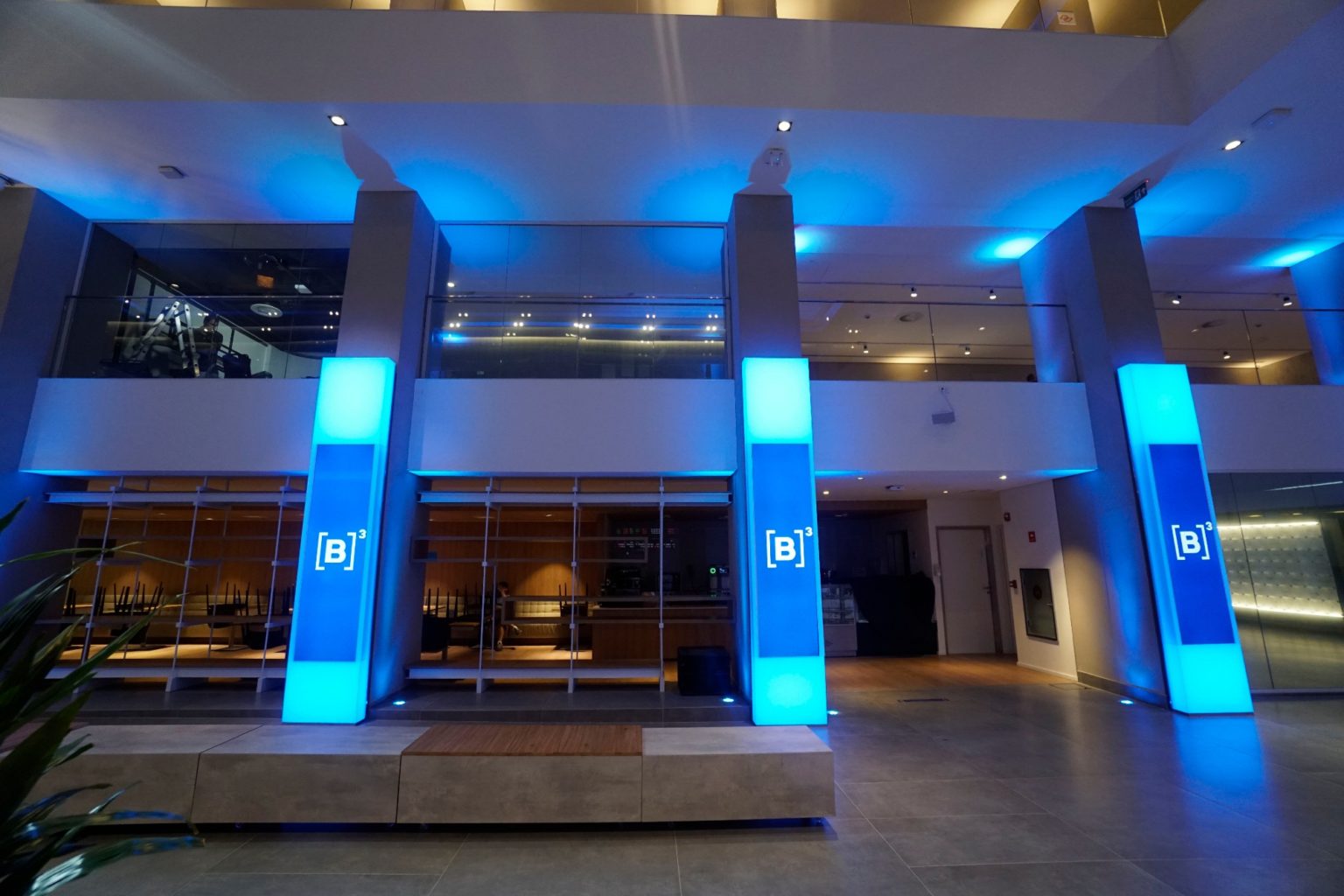RIO DE JANEIRO, BRAZIL – The recent decline in the Ibovespa, which has posted double-digit losses since its peak in June, has made local equities even cheaper than their peers.
With the global scenario still risk-averse and multiples at excessively low levels, J.P. Morgan believes Brazilian equities represent a good buying opportunity in the short and medium-term.

According to the American bank, the recent decline in the index is mainly due to the high volatility in the domestic bond market, as the interest rate of the local 10-year bond has increased 200 basis points in the last 45 days, in a troubling scenario with fiscal and political risks.
However, according to J.P. Morgan’s Latin America and Brazil equity strategy team, the global environment remains favorable for risk appetite, which should favor equities, emerging markets, cyclical assets, and the value strategy in general.
“Brazil fits well in this context. Moreover, when we analyze from the micro to the macro level, we think Brazil is a good buying opportunity in short to medium term, given the current multiples,” said the Institute’s team, led by Emy Shayo Cherman.
With the decline in recent days, the Ibovespa has approached J.P. Morgan’s most pessimistic forecast for the index at the end of the year, 114,000 points. “We believe that the Ibovespa can at least reach the maximum of 130,700 points observed for 2021,” it said.
“In addition, our economists do not see much room for a further decline in the real from current levels, as the target for the end of the year is R$5.40. In short, the peak and volatility of the fixed-income market reduce the valuation of Brazilian equities to a level that we consider inappropriate given the companies’ fundamentals,” it says.
J.P. Morgan views local equities as too cheap from a valuation perspective. “We like to say Brazil is cheap. But right now it’s more than cheap. The price-to-earnings (P/E) ratio in Brazil is meager compared to the last 15 years,” the strategists say.
They point out that the current level of 7.9 times the PL is two standard deviations below the historical average. This level also makes Brazil the cheapest emerging market except for Russia and Turkey.
“The last time Brazil traded below 8x was in September 2011, amid the Greek debt crisis. And while we don’t like looking at Ibovespa multiples excluding commodity and financial sector companies, this metric also appears cheap at 11.3x, compared to the historical average PL of 12.2x.
The team also points out that “Brazil is now trading at a surprisingly 64% discount to the U.S. PL, whereas historically this discount has typically been 33%.”
J.P. Morgan cites the high pace of vaccination in the country and the willingness of Brazilians to get vaccinated as other factors justifying optimism for local assets. In addition, ICU utilization is at its lowest level since May last year, which is also highlighted as an element that should contribute to an economic rebound in the fourth quarter.
Domestic risks, on the other hand, are also considered by the U.S. banking team. “The local story in Brazil has become so complicated that it is difficult to follow, even for the most experienced observers. To spare our readers all the details, there is a combination of potential fiscal deterioration (again), potential institutional weakening (again), and a lack of positive prospects for reform (again),” they write in a report.
“As we get closer to the 2022 elections, these factors become more important. Moreover, this potential fiscal deterioration is taking place in a context where inflation appears to be lower than previously thought,” the strategists said.
The impact of rising inflation on interest rates is also cited as another potential headwind for local equities. “Brazilian real interest rates are expected to be the highest in the world until the end of 2022, making the opportunity cost of investing in equities particularly high,” they say. Uncertainty about economic policy in 2023 is also a reason for caution.

